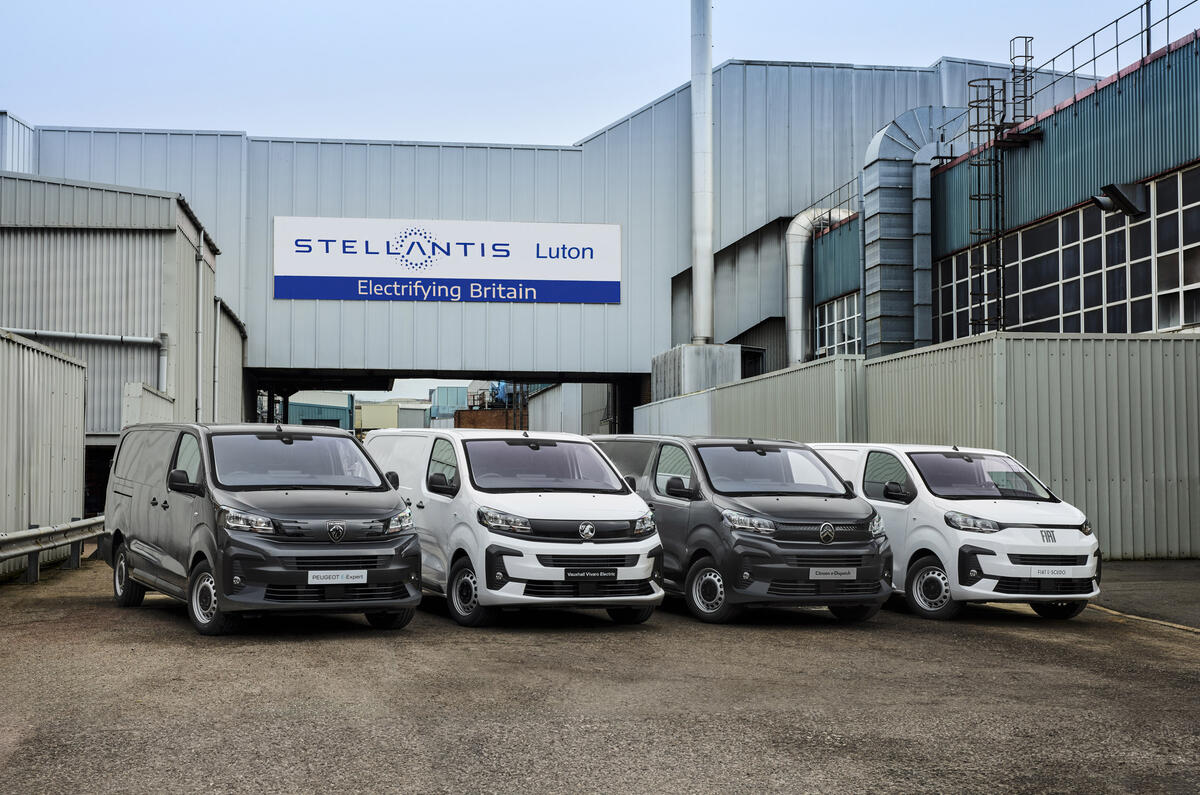Vauxhall's Luton factory has been sold to property firm Goodman, which will redevelop the site as an industrial park.
The company said it would spend £400 million on the Bedfordshire site's transformation and that it could create some 1700 jobs.
The redevelopment work is due to be complete in three years.
The news comes days after the final vehicle – a Vauxhall Vivaro van – rolled off the line at Luton, ending 120 years of production at the site.
The decision to close the historic commercial vehicle factory was announced by Vauxhall owner Stellantis in November 2024. All of the company's UK van production will be moved its site in Ellesmere Port, Cheshire.
Former Stellantis chief Carlos Tavares announced the decision just a few months after he had threatened closures as part of a battle with the UK government over its zero-emission vehicle (ZEV) mandate.
Tavares said the ZEV mandate was “hurting significantly our business model”, because car makers were being forced to sell more EVs yet no incentives were being offered to buyers and the industry was grappling with a downturn in EV interest.
He said that moving all operations to one base would “consolidate” Stellantis's UK manufacturing footprint. He added that this decision would “potentially contribute to greater production efficiency” – something the firm said would also allow it to meet increasingly stringent ZEV mandate targets, which rise to 26% this year.
All of Luton’s machinery will be moved to Ellesmere Port, where more than £50 million will then be spent to upgrade it to take on the extra workload.
The decision to close Luton put 1100 jobs at risk and just a few hundred roles were guaranteed to be moved to Ellesmere Port, Stellantis said. A consultation was launched for affected workers, with those unable to make the move being offered retraining or potentially jobs at neighbouring businesses.
Following November’s announcement, union bosses called on Stellantis to reverse its decision, given that it was made just days before Tavares’s shock resignation.
Unite called the closure decision “one final example of Tavares’s failed strategy” and said it “must be halted as the company embarks on the hunt for a new CEO and a new direction”.











Join the debate
Add your comment
To think there might be significant repercussions to manufacturing as a result of Brexit. I'm shocked, I tell you, shocked! Well, at least we're keeping the foreigners out, especially the brown people, amirite? It feels so good to be 'pure' again!
shiftright more like altright, jog on.
Why are you so obsessed with race? Trying to hide something?
One of the UK plants was always potentially at risk, as the deal to move smaller electric vans to Elsemere Port to replace the Astra was never at the same production levels as Astra production at its peak, freeing up space to move mid sized vans there as well